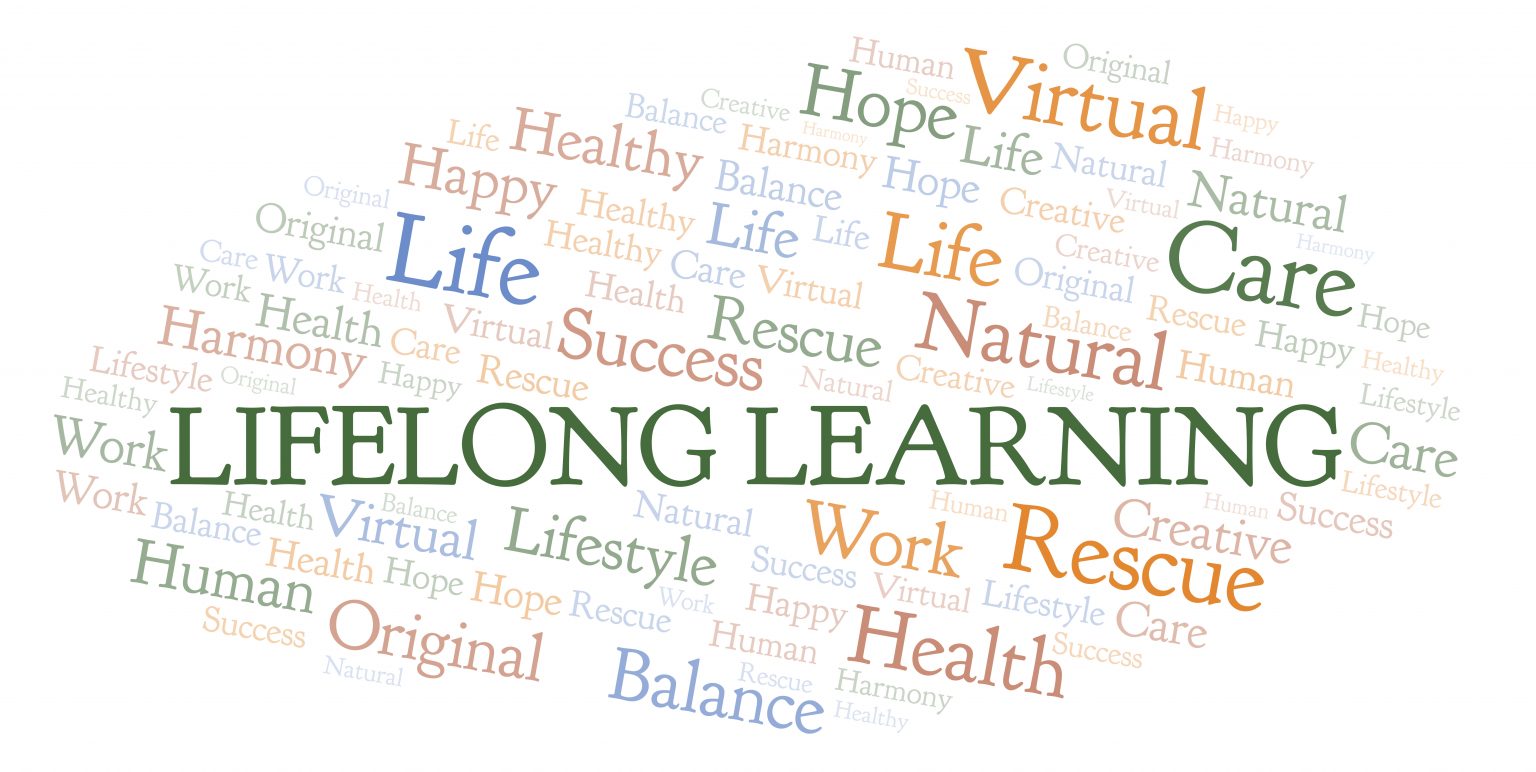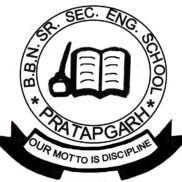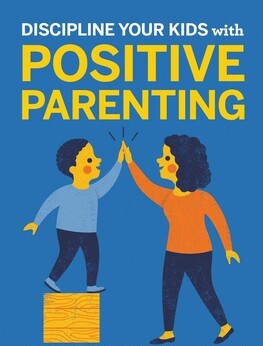
A Life Long Process
Lifelong Learning is form a self initiated education that is focused on personal development. While there is no standardized definition of lifelong learning, it has generally been taken to refer to the learning that occurs outside of the formal education institute.
Your education shouldn’t end when your schooling does. If you want to get an edge in life, you must be consistent in learning, not coasting along on what you already know. Life-long learning requires the ability to reflect on your own mistakes, a lot of reading, and testing what you know.
“By three methods we may learn wisdom, Firstly, by reflection, which is noblest
By imitation, which is easiest, and third, by experience; which is the bitterest!”
-CONFUCIUS
Everyone should have Lawrence Enderson’s Book “Pebbles of Perception; How a few good choices make all the difference”.
It deserves to be on the shelf of every knowledge seeker in the world.
The incentives to follow a path of lifelong learning are not easily apparent.
When assessing our competence in any particular discipline, we can place our level of ability somewhere along a continuum moving from ignorance, to conversational competence, to operational competence, then towards proficiency, and finally all the way to mastery. For most of us, if we get to operational competence in our main career area we are happy enough. We can get by and we don’t have to expend too much energy continuously learning. We become what I call flat-line learners. For the flat-line learner the learning curve might look something like this.
And yet, Enderson argues that if we pursue a path of life-long learning, our path more closely resemble this:
You could even make an argument that lifelong learning puts you on a non-linear path but I’ll leave that for you to think about.
The question as to why everyone doesn’t want to become a lifelong learner remains.
It may boil down to choices and priorities. It is easy to be drawn towards passive entertainment, which requires less from us, over more energetic, active understanding. Inconvenience might be an alibi: “I don’t have time for continuous learning as I am too busy with real life”. But that excuse doesn’t withstand close scrutiny, as experiences (coupled with reflection) can be the richest of all sources of investigation and discovery.
Why not make a conscious decision to learn something new every day? No matter how small the daily learning, it is significant when aggregated over a lifetime. Resolving early in life to have a continuous learning mindset is not only more interesting than the passive alternative, it is also remarkably powerful. Choosing lifelong learning is one of the few good choices that can make a big difference in our lives, giving us an enormous advantage when practiced over a long period of time.
Reflection:
The ignorant man can’t learn from his own mistake and the fool can’t learn from the mistakes of others.
These are the primary ways we learn: Through our own experience and through the experience of others.
Importance of lifelong learning:
Whether pursuing personal interest and passions or chasing professional ambitions, lifelong learning can help us to achieve personal fulfillment and satisfaction.
Benefits of lifelong learning:
Incorporating lifelong leaning inn your life can offer many long term benefits including:
- Renewed self-motivation
- Recognition of personal interests and goals.
- Improvement in other personal and professional skills.
- Improved self-confidence.
Nakul Singh Charan
Senior Teacher
BBN SCHOOL


